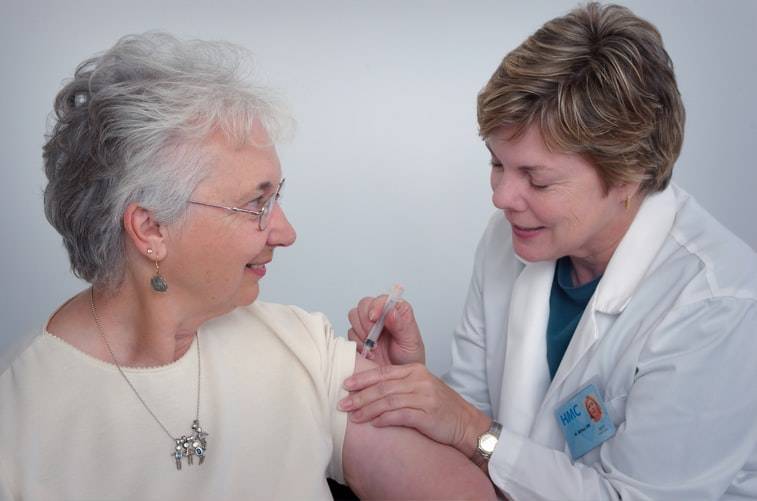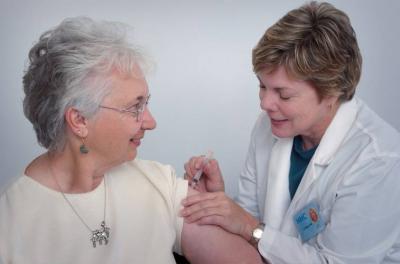Cuba has revealed its COVID-19 vaccine named "Abdullah," while the number of deaths in Colombia has surpassed 100,000. However, several European countries are easing restrictions as conditions improve. On Monday, Cuba, one of the least affected countries in the region with fewer than 170,000 cases and 1,170 deaths out of a population of 11.2 million, announced that its experimental vaccine "Abdullah" has shown more than 90% effectiveness against the disease. The Cuban government group "BioCubaFarma," which oversees the "Genetic Engineering and Biotechnology Center," tweeted that the "Abdullah" vaccine, developed by the center, shows an effectiveness of 92.28% after three doses. This experimental vaccine has reached the final stage of clinical trials and is expected to receive official approval from Cuban authorities for use by late June or early July.
The Finlay Institute of Vaccines announced on Saturday that its vaccine "SOBERANA-2" provides an effectiveness of 62% after the second dose of the three doses required for full vaccination against COVID-19. This experimental vaccine is also expected to receive official approval soon. If these two vaccines receive the expected licenses, Cuba will become the first country in Latin America to develop and produce vaccines against COVID-19, despite the challenges faced by its scientists due to the U.S. embargo in place since 1962, which was tightened during the presidency of Donald Trump.
Several online sources mentioned that the vaccine's name is derived from "Abdullah's Play," authored by the famous Cuban poet José Martí, who passed away in 1895 at the age of 42 and is known for his admiration of Arabs and glorifying them in many of his poems, to the extent that most of the heroes in his poems are Arab, including the hero of the poetic play he wrote in his youth, who was a young Egyptian from Nubia named Abdullah.
On a related note, South Africa announced on Monday the first phase of granting the continent the capability to produce COVID-19 vaccines, although the project will take time to implement at a time when "people continue to die," according to President Cyril Ramaphosa. Meanwhile, Colombia surpassed the threshold of 100,000 deaths from COVID-19 on Monday and recorded the highest daily death toll from the virus in Latin America (approximately 650 deaths), as announced by the Health Ministry. Compared to its population of 50 million, Colombia is the fourth country in Latin America and the Caribbean in terms of pandemic-related deaths, and sixth in terms of cases, according to a count by the Agence France-Presse.
**Improvement in Europe**
Conversely, several European countries are witnessing a clear improvement in health conditions. Italy, one of the most affected countries in Europe by the pandemic, is preparing to lift the outdoor mask mandate. Italian Health Minister Roberto Speranza announced on Facebook that "starting from June 28, we will end the mandatory use of masks outdoors." He added that this decision will apply in areas classified as "white," meaning where the virus is spreading slowly, and currently, all of Italy is classified as "white" except for Aosta Valley, a small region in the north of the country. The minister's announcement came after the "Technical Scientific Committee," which advises the government on pandemic measures, approved the proposal.
Italy recorded 21 deaths and 495 new COVID-19 cases within 24 hours on Monday, while some regions of the country reported no deaths. Turkish President Recep Tayyip Erdoğan announced on Monday the lifting of the night curfew and the curfew applied on Sundays, starting July 1, after the country recorded a decline in COVID-19 cases and acceleration in the vaccination campaign. Turkish Health Minister Fahrettin Koca announced that the country will begin vaccinating individuals aged over 25 against the coronavirus starting Wednesday.
While Europe has decided to open its borders to Americans, the United States keeps its borders closed and refuses to provide any timeline for a possible lifting of the restrictions that have been in place for almost 15 months. U.S. State Department spokesperson Ned Price stated in an interview with the Agence France-Presse, "We are excited to see transatlantic travel resume as soon as science allows," but added that "I cannot specify a timeline because that largely depends on the evolution of the pandemic situation" and "the variant strains."




